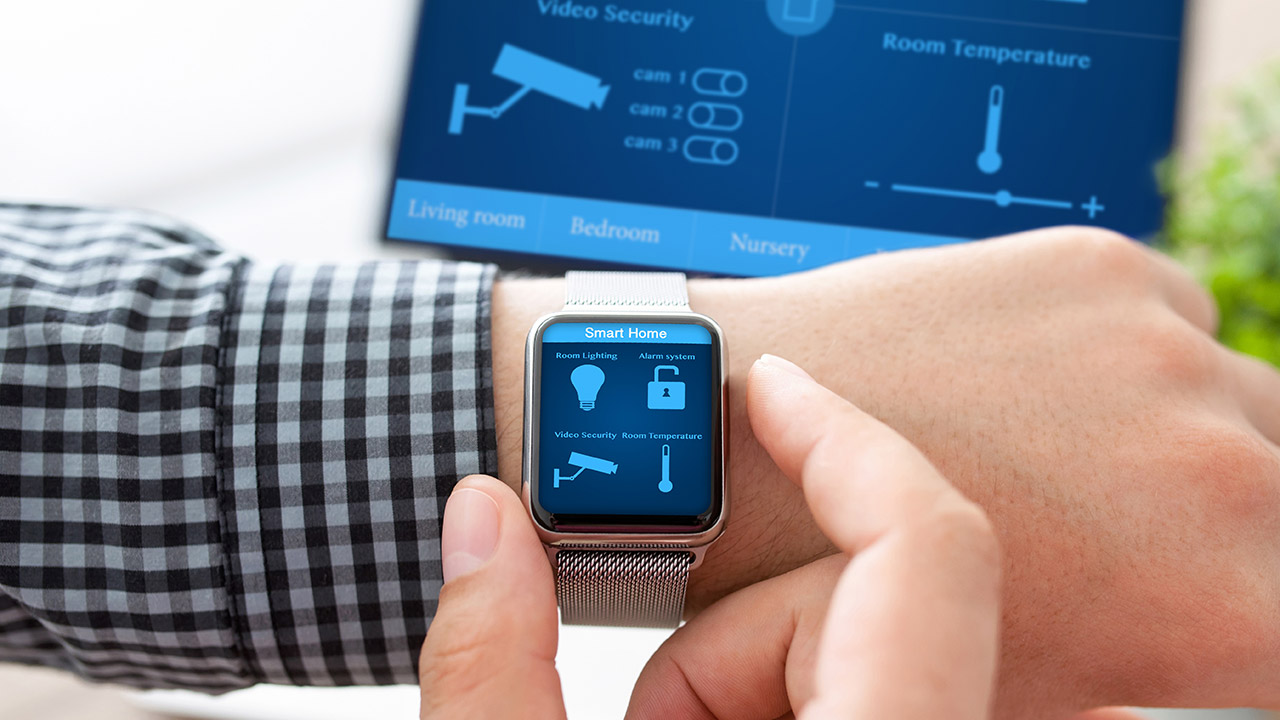How Smart Home Technology Affects the Real Estate Industry

When homeowners make improvements on their homes, it’s in their best interests to choose upgrades that will bring them the biggest ROI come sale time. Traditionally, a new coat of paint, a kitchen reface, and new hardwood flooring have been the frontrunners in this department.
But as the millennial proportion of homebuyers continues to grow, implementing “smart technology” in a home seems to be the way to go as far as increasing perceived home values is concerned. After all, this specific demographic is particularly partial to tech gadgets that make home operation much more convenient.
According to the National Association of Realtors, millennials now make up the largest proportion of potential homebuyers. These Generation Yers are tech-savvy and are trailblazing their way from renting to buying. As such, paying attention to what they want and expect in a home is critical.
Smart Home Technology – Disrupting the Real Estate Industry
Over the past few years, the real estate industry has been dramatically impacted by smart home technology in many ways, and perhaps the biggest impact it is having is on closing price. According to the Consumer Electronics Association and the National Association of Home Builders, smart home technology can increase the final closing price of a home by as much as 3% to 5%.
Even if this group of buyers doesn’t necessarily view smart homes as more valuable, the fact that technology makes living more comfortable is ultimately what matters. Whether it’s their ability to watch their security cameras at the entrance from their smartphone, unlock doors remotely, and turn the window shades down with the click of a button, these are simply feel-good traits that more and more buyers are looking for in a home.
In particular, the real estate market can expect more homeowners to invest in smart features that will help lower monthly expenses. In turn, such traits can help boost a home’s appeal when it comes time to sell. Smart technology will inevitably help grab the attention of buyers a lot more easily and encourage them to view these homes as more attractive and worthy of a sizeable offer. Ultimately, these homes have the potential to sell significantly faster.
So what types of technology do buyers and homeowners value the most? Smart entertainment, such as smart TVs and speakers, is the most popular among the younger demographics. Following closely behind is smart security and smart HVAC. Others include smart locks and alarms, programmable thermostats, automated lighting, and carbon monoxide detectors.
Smart Home Devices Are More Attainable
A key reason why smart home technology has been growing so rapidly is the fact that it’s actually very easy to set up residential technology products. Devices have become more affordable for companies to produce, thereby making them cheaper for homeowners to purchase. And as home technology has become more innovative, it has also become a lot easier and faster to install without having to deal with tricky wiring and hook-ups.
Today’s technology companies are constantly coming up with a number of easy-to-install devices that allow homeowners to easily control their properties in a very cost-efficient manner. Not only that, they’re typically portable devices that allow homeowners to take them with them wherever they go, even when they move.
The Numbers Speak For Themselves
Consider the following stats according to a recent survey by Coldwell Banker:
- 72% of millennials are willing to pay $1,500 or more for a smart home.
- 44% of millennials are willing to pay $3,000 or more for a smart home.
- 47% of millennial homeowners already have smart home products.
- 54% of homeowners who are in the market to sell would buy smart home technology to speed up the sale.
- 91% of homeowners with smart devices would recommend it to others.
- 76% of the smart home products are operated by mobile phones.
- 81% of buyers would be more willing to buy a home if smart home products were installed.
Based on these numbers, smart home technology is a force to be reckoned with and is becoming an integral part of the real estate industry. And it’s not just millennials that are looking for it. According to that same Coldwell Banker survey, 33% of homeowners with smart home products are aged 33 to 54, and 24% are aged 55 and older.
While certain types of smart home technology are popular across all age groups, specific differences exist. Millennials tend to be more attracted to products that offer convenience, such as home entertainment systems, while older generations are more keen on security features and money savers, such as security cameras and programmable thermostats.
The Bottom Line
Smart home technology has been a trend that’s caused a lot of waves in real estate over the recent past and is impacting more than just millennials. Smart homes are not just a staple in the real estate industry – they’re also growing in number and popularity. As such, it’s increasingly important for sellers and real estate agents to put a spotlight on these features and the advantages that come with them to create a more convenient, safer home in order to capitalize on a much faster sale for potentially more money.